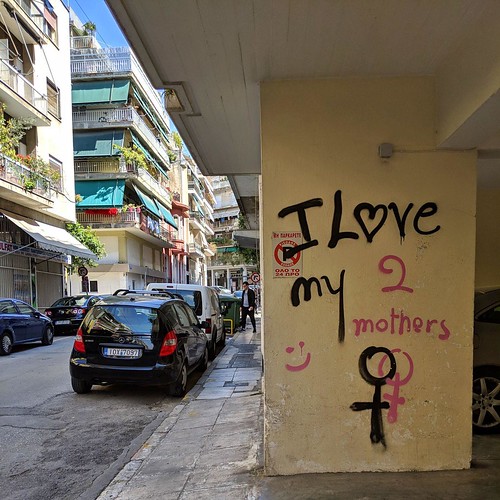His apparent lack of conflict. Certainly, other authors reported that emotional
His apparent lack of conflict. Indeed, other authors reported that emotional conflicts particularly come towards the fore when pros notify patients about their therapy allocation [25]. Furthermore, EasterPLOS One particular DOI:0.37journal.pone.055940 Could 9,0 Patients’ and Professionals’ Representation of Placebo in RCTsand coworkers (2006) reported that, while quite a few physicians involved in RCTs viewed care and study as conflicting activities, others disagreed and most RCT participants stated that researchers supply a better care than standard healthcare providers [23]. In our study a single PI expressed the same opinion off record and this really is likely to become shared by other individuals PIs. When asked to explain the placebo response, most PIs, APs and CRAs pointed towards the part with the interrelationship with wellness pros. The importance of this interrelationship has been repeatedly demonstrated [8, 2]. Even so, most preceding research only investigated the interrelationship involving a single clinician and her patient. Here we investigated the distinct roles of PIs, APs and CRAs with patients involved in RCTs and our observations recommend that all 3 varieties of overall health pros play a role. Having said that, to our surprise, the interviewees’ opinions suggest that one of the most influential wellness specialists are certainly not the APs. Indeed, whilst most CRAs and most PIs believe that they may exert an influence on the placebo response, APs do not feel so. In agreement with APs’ opinions, their individuals believed that their remedy response was not influenced by APs. This can be all the much more surprising in that APs frequently met their sufferers throughout the course on the RCT whereas PIs ordinarily met them only when in the time of inclusion. Hence, we observed an ambivalent representation with the placebo response, at the very least amongst the physicians that we interviewed. These physicians acknowledged that, in general, the interrelationship in between overall health pros and patients plays a part in the placebo response, however they were not ready to admit that they’re personally involved order SBI-0640756 within the placebo response of a distinct patient. Even so, it is actually also attainable that the interrelationship between APs and their sufferers was definitely weaker than expected from research about the interrelationship among outpatients and their physicians. Certainly, sufferers involved in RCTs usually do not select their doctor PubMed ID:https://www.ncbi.nlm.nih.gov/pubmed/23667566 whereas outpatients involved in ordinary clinical care do so. In RCTs, patients’ and APs’ feelings  that their partnership has been imposed on them by others might contribute to weakening it. In contrast, the interrelationship amongst a PI in addition to a patient might be stronger than anticipated since the PI selects the patient and simply because the patient offers himher his consent around the basis of his feelings and trust as an alternative to around the basis of rational arguments. Thus, the formally cost-free consent offered by the patient, at the same time as hisher feeling that heshe has been chosen by the PI, may possibly reinforce the partnership involving sufferers and PIs. Additionally, this PIpatient interrelationship may be especially robust in patients’ imagination because of the aura that PIs may have. Certainly, all but a single PI were directors of their division. Lastly, CRAs’ opinions recommend that they might have an influence around the remedy response. Altogether, the placebo response within the context of RCTs seems much more complex than within the context of a onetoone dialogue between a physician and hisher outpatient. Additionally, our.
that their partnership has been imposed on them by others might contribute to weakening it. In contrast, the interrelationship amongst a PI in addition to a patient might be stronger than anticipated since the PI selects the patient and simply because the patient offers himher his consent around the basis of his feelings and trust as an alternative to around the basis of rational arguments. Thus, the formally cost-free consent offered by the patient, at the same time as hisher feeling that heshe has been chosen by the PI, may possibly reinforce the partnership involving sufferers and PIs. Additionally, this PIpatient interrelationship may be especially robust in patients’ imagination because of the aura that PIs may have. Certainly, all but a single PI were directors of their division. Lastly, CRAs’ opinions recommend that they might have an influence around the remedy response. Altogether, the placebo response within the context of RCTs seems much more complex than within the context of a onetoone dialogue between a physician and hisher outpatient. Additionally, our.